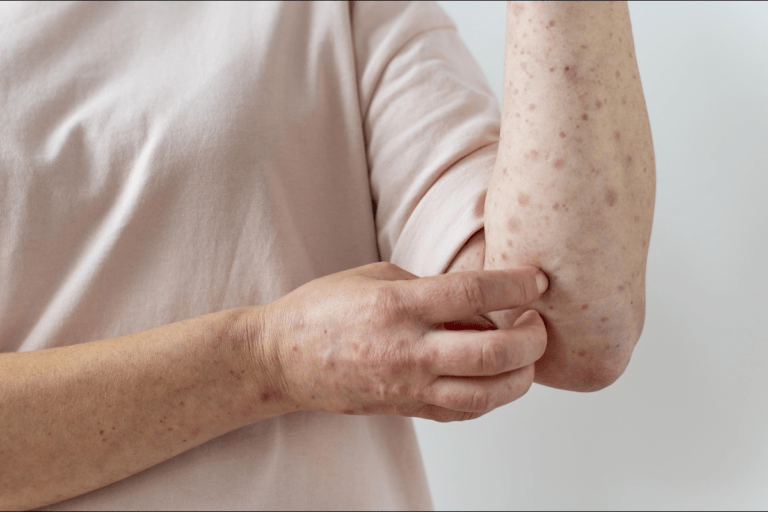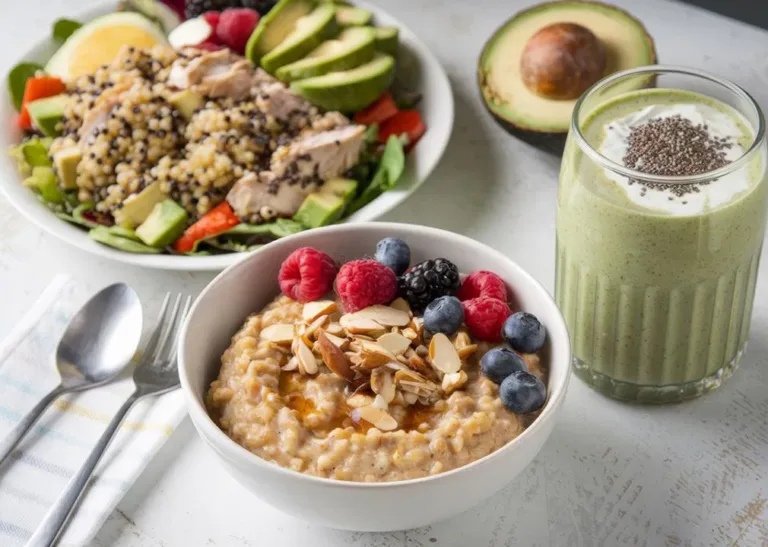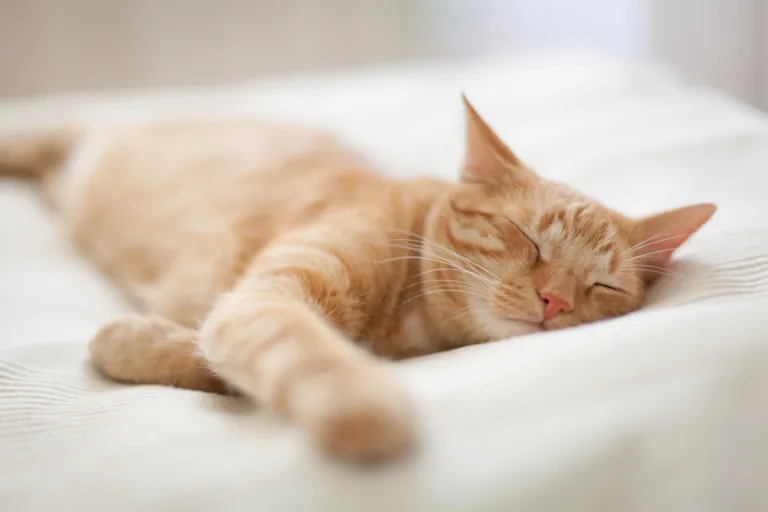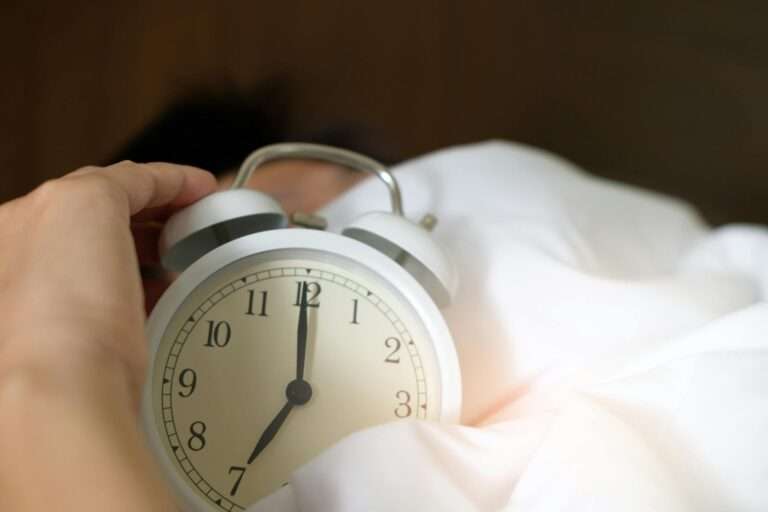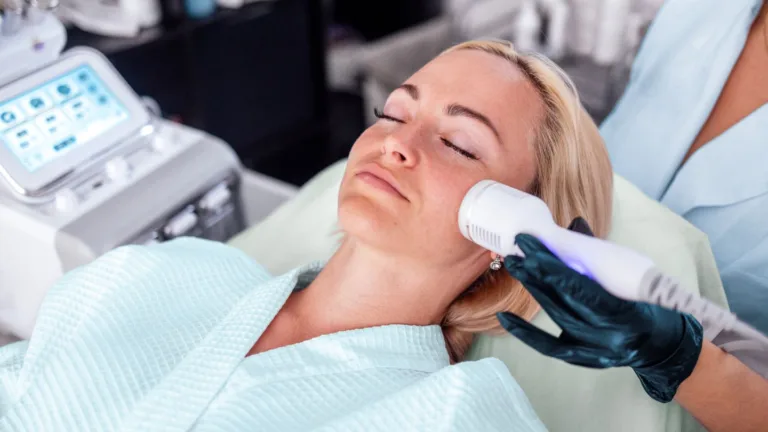This Is The Best Time To Stop Drinking Water If You Want To Sleep Better

Getting quality sleep is essential for maintaining good health, but many people struggle with disruptions during the night. One common issue is waking up multiple times to use the bathroom. Surprisingly, your hydration habits may be contributing to these night-time disturbances. Understanding the best time to stop drinking water before bed can significantly improve your sleep.
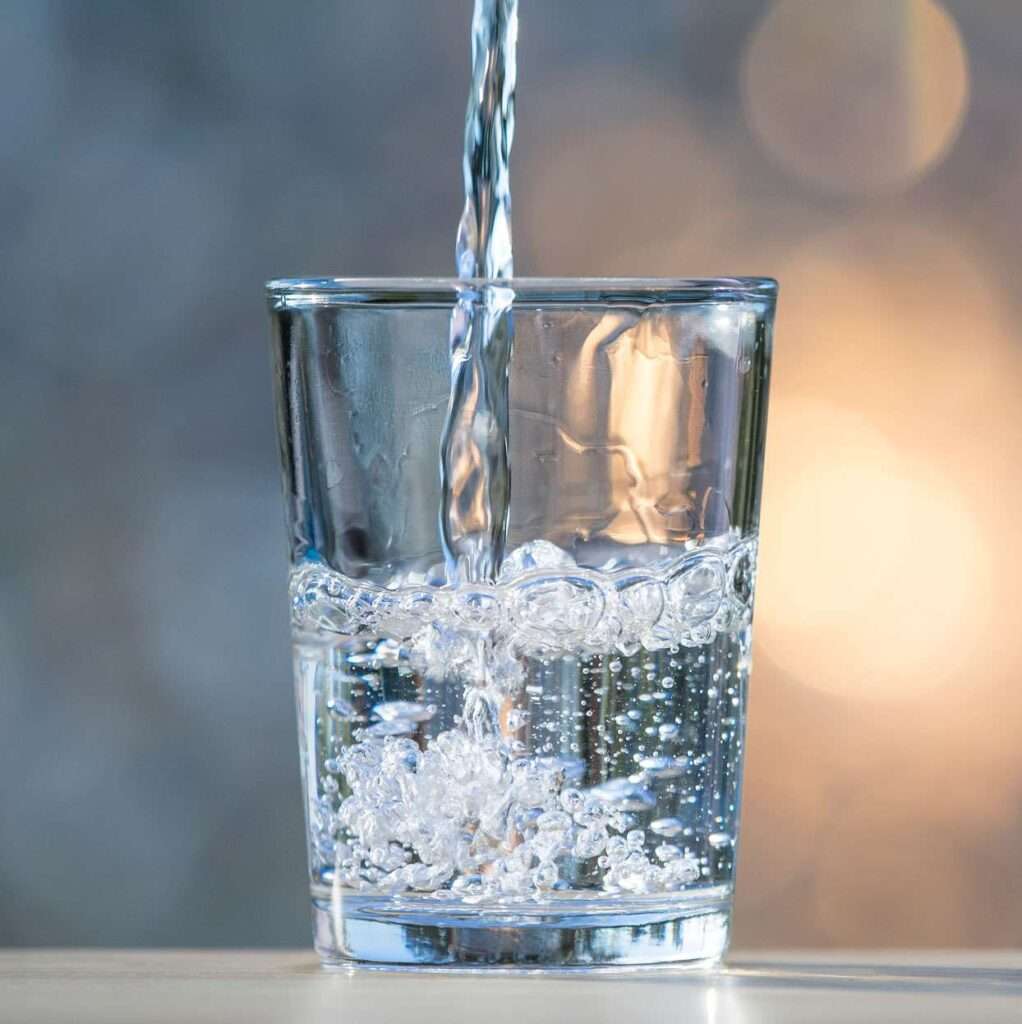
Why Hydration Affects Sleep
Water is vital for your body’s overall functioning, including the regulation of body temperature, digestion, and even mood. However, drinking too much water close to bedtime can lead to frequent bathroom trips, disrupting your sleep cycle. It’s important to stay hydrated throughout the day, but when you consume liquids and in what quantity can influence your ability to get a restful night’s sleep.
The Role of the Bladder
Your bladder plays a crucial role in this process. As you drink water, it passes through your kidneys and into your bladder, where it is stored until you are ready to urinate. If you drink large amounts of water before bed, your bladder fills up quickly. This can lead to waking up during the night to relieve yourself, which interrupts your sleep cycle and affects the quality of your rest.
When to Stop Drinking Water Before Bed
To avoid sleep interruptions caused by frequent trips to the bathroom, experts recommend stopping water intake 1-2 hours before bed. This allows your body time to process the liquids and reduces the likelihood of waking up during the night. However, this can vary depending on your personal habits and bladder capacity. If you find that drinking water late at night still affects your sleep, try gradually adjusting the cutoff time and see what works best for you.
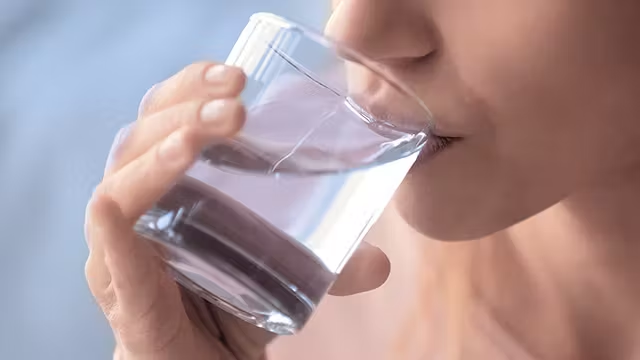
How Much Water Should You Drink?
The amount of water you should consume throughout the day depends on several factors, including age, weight, activity level, and climate. On average, it’s recommended that adults drink about 8 glasses (64 ounces) of water per day. It’s best to consume most of your water earlier in the day to prevent any nighttime disruptions. If you feel thirsty in the evening, a small sip is fine, but try to avoid large quantities right before bed.
Tips for Better Sleep Hygiene
Aside from timing your water intake, other habits can contribute to better sleep quality. Here are some simple strategies to incorporate into your routine:
- Create a Consistent Sleep Schedule: Try to go to bed and wake up at the same time every day to regulate your sleep cycle.
- Avoid Caffeine and Alcohol: Both caffeine and alcohol can disrupt sleep, so it’s best to avoid consuming them in the hours leading up to bedtime.
- Limit Screen Time: The blue light from phones and computers can interfere with your body’s production of melatonin, a hormone that helps you sleep.
- Relax Before Bed: Establish a relaxing pre-sleep routine such as reading, meditating, or taking a warm bath to signal to your body that it’s time to wind down.
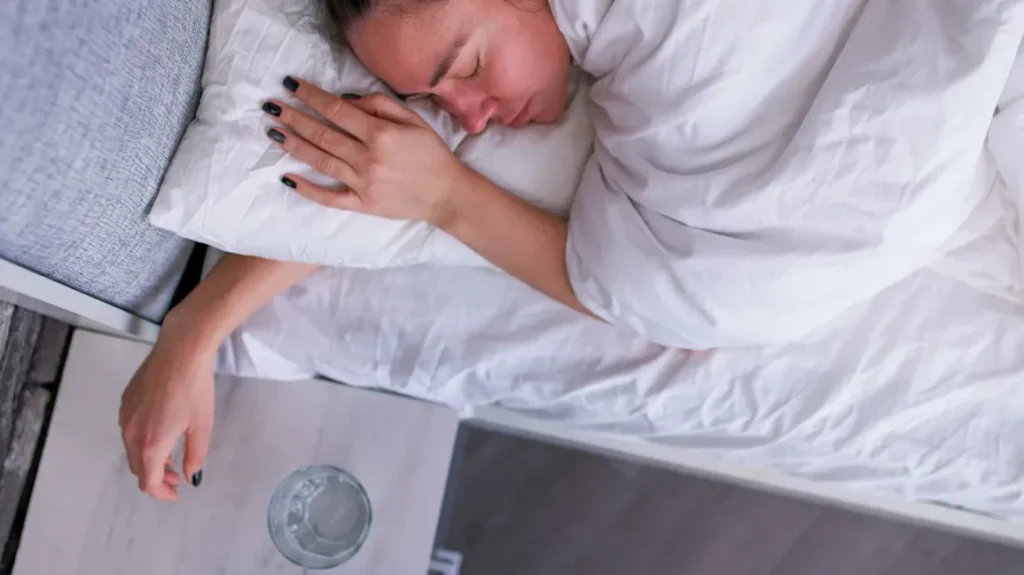
The Bottom Line
Hydration is crucial for overall health, but drinking water at the wrong time can interfere with your sleep. To ensure a good night’s rest, try to stop drinking large amounts of water at least 1-2 hours before bed. Pay attention to your body’s signals, and gradually adjust your hydration habits for better sleep quality. Remember, staying hydrated throughout the day is key, but timing is just as important when it comes to your night-time routine.

